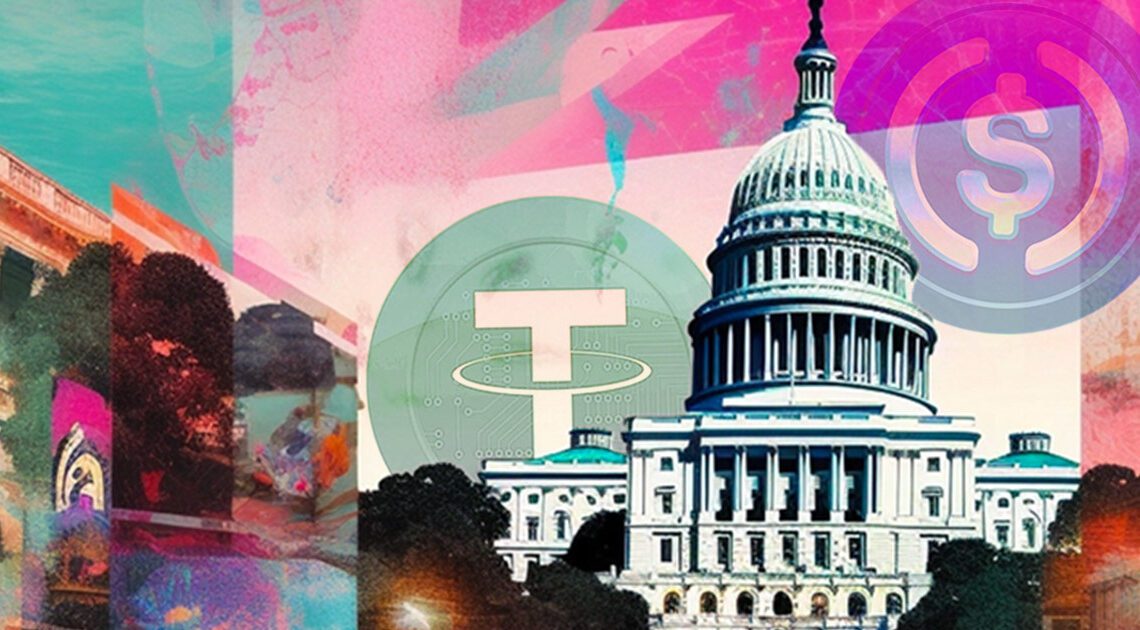The Digital Assets Financial Technology Inclusion Committee held a hearing on May 18 to discuss stablecoin policy.
In opening the meeting, Congressman French Hill said it is the committee’s aim to put through legislation supporting stablecoins as a recognized payment method.
“We want for payment stablecoins to be used as a payment mechanism, which they’re really not today. The only way we can do that is by passing the appropriate regulatory framework”
Touching on the issue of anti-crypto sentiment at the governmental level, Congressman Hill clarified that committee members have the power to reverse the trend of U.S. crypto flight and “submit the U.S. as the leading place for safe payments innovation.”
“I look forward to our witnesses’ views on the two proposals and ultimately bring legal clarity and consumer protection to the stablecoin ecosystem.”
Finding bipartisan agreement on stablecoin regulation
In building on the previous stablecoin hearing that took place in September 2022, both parties submitted revised proposals addressing key points with a view to finding alignment on approving appropriate stablecoin regulation.
Some of the key points of concern include the speculative nature of stablecoins, which are primarily used for trading against cryptocurrencies, structural fragilities making them susceptible to runs, the roles of state versus federal regulators, the outcome of non-bank companies issuing stablecoins, how disclosures and attestations would operate, the role of the Fed, and safeguarding against threats to economic stability.
In addressing these concerns, witness testimonies were heard from Fennie Wang, the founder of Humanity Cash, Matt Homer, Managing Member, The Department of XYZ and former Executive Deputy Superintendent of Research and Innovation at the New York Department of Financial Services (NYDFS), David Portilla, Partner at Davis Polk & Wardwell, Robert Morgan, the CEO of USDF Consortium, and Delicia Reynolds Hand, Director of Financial Fairness.
This was followed by witness questioning from committee members to address the concerns raised.
Q&A highlights
Congressman Lynch made a point that if stablecoin regulation was given to individual states to decide, they would be encouraged to ratify lax regulation to attract stablecoin issuers to their jurisdiction – hence triggering a downward spiral of regulatory leniency among competing states.
It was noted that Congressman Lynch did not know the difference between…
Click Here to Read the Full Original Article at Stablecoins News | CryptoSlate…
























